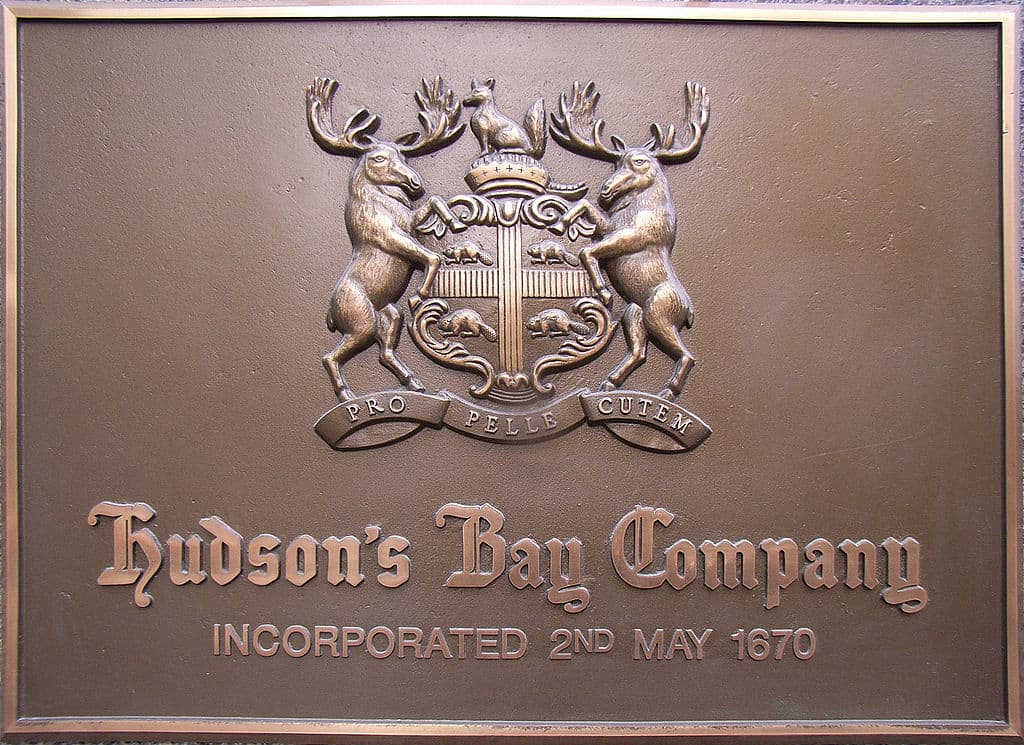Activist investor Jonathan Litt, who runs Connecticut-based Land & Buildings and has been a thorn in the side of Hudson’s Bay (TSX:HBC) executive chairman Richard Baker over the past 15 months, just got his way — sort of.
Back in November, Litt argued that the company ought to seriously consider the multi-billion-dollar offer being put together by Signa Holding GmbH for its German operations.
“Hudson’s Bay board of directors … should, consistent with its fiduciary duties, seriously consider the reported Signa fully financed €3 billion offer for Hudson’s Bay European business, which is above the company’s purchase price and stated net asset value (NAV),” Litt stated at the time.
Well, on September 11, Richard Baker delivered a deal for its European operations, only it wasn’t a sale of the entire business, but rather a merger with Karstadt, Signa’s German retail business.
Under the terms of the deal, HBC will get 49.9% of the merged entities with Signa getting the rest. The combined business will have annual revenues of €5.4 billion and be led by Karstadt CEO Dr. Stephan Fanderi.
In addition to the merger of the two company’s retail operations, Signa and HBC will own and manage Hudson’s Bay’s German real estate in a 50-50 joint venture.
So, HBC gets $616 million in cash today, a 49.9% investment in a stronger and more profitable retail operation, and remains a 50% owner of more than $4.9 billion in prime German real estate.
Here are three reasons Mr. Litt ought to be happy about the deal Baker has managed to deliver for shareholders.
Focus on North America
In March 2017, I’d argued that after it failed to line up financing to buy Macy’s in the U.S., HBC considered a department store chain in South America where department stores are still growing.
Of course, the company I had in mind for it to buy had an annual EBITDA profit of US$1.7 billion. HBC will be lucky to get to $400 million in 2018.
Handing off the operations for Europe to somebody who’s already doing a good job there makes perfect sense from a business perspective.
“It allows us to have a very strong team in Europe driving that combined business,” HBC CEO Helena Foulkes said. “But it also allows us in North America to focus on running a much better business here … I do see a tremendous amount of opportunity in North America. We certainly still have a lot of work to do.”
It’s evident that Foulkes spent a few months touring its various operations when she joined in February and realized that a North American turnaround was going to be a big undertaking and a second front in Europe an impossibility.
Baker wisely listened and worked a deal.
All the upside and none of the hassles
HBC paid $3.77 billion for all of Galeria Kaufhof in 2015. The real estate is presently valued at $4.88 billion. So, it’s made $1.1 billion over three years.
If you subtract the $616 million received from Signa and the debt on the real estate, shareholders are looking at $6.10 for the German real estate alone — about 55% of HBC’s current share price.
So, it gets the upside from both the real estate and the retail operations without any of the hassles of owning them outright.
It’s not as spectacular a deal as the Target lease deal, but it’s still pretty good.
It leaves Baker to work his magic
Now that the company has found a graceful exit from its European adventure, Baker can go to work extracting further value from HBC’s North American real estate, while Foulkes fixes some of the problems that all its retail operations here.
“I wasn’t sure when I arrived, because this is a different sector for me,” Foulkes recently said. “But I can assure you there is a lot of low-hanging fruit here, and I’m confident we’ll get after it … I feel really good actually about the progress we’re making.”
Indeed, if you look past the big second-quarter loss, HBC’s adjusted EBITDA profit was $33 million, 10 times what it was a year earlier on a 240-basis-point increase in gross margins.
As I’ve said several times in the past, Baker and the board wisely hired Foulkes as CEO. The results are already starting to pay dividends.








